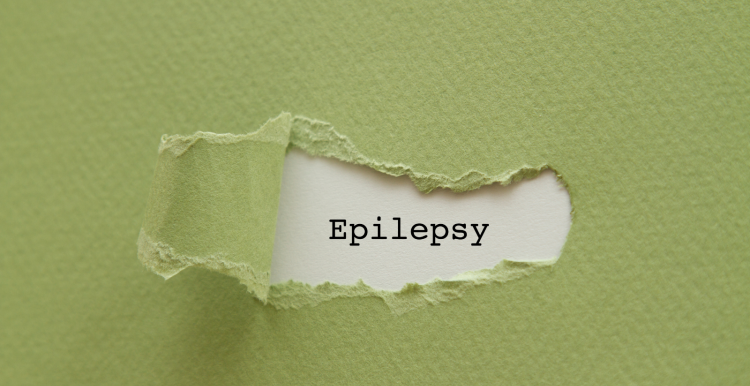Epilepsy is one of the oldest known medical conditions

Seizures are bursts of electrical activity in the brain that temporarily affect how it works. The condition can start at any age, but usually starts either in childhood or in people over 60.
What are the symptoms of epilepsy?
Seizures can affect people in different ways, depending on which part of the brain is involved.
Possible symptoms include:
- uncontrollable jerking and shaking, called a 'fit'
- losing awareness and staring blankly into space
- becoming stiff
- strange sensations, such as 'rising' feeling in the tummy, unusual smells or tastes, and a tingling feeling in your arms and legs.
- collapsing
You should see a GP if you think you might have had a seizure for the first time. This does not mean you have epilepsy, but you should see a doctor to find out why it happened.
Call 999 for an ambulance if someone:
- is having a seizure for the first time
- has a seizure that lasts more than 5 minutes
- has lots of seizures in a row
- has breathing problems or has seriously injured themselves
We don’t know what causes epilepsy
In most cases, it's not clear why seizures happen. It is possible it could be partly caused by your genes affecting how your brain works. Occasionally, epilepsy can be caused by damage to the brain, such as damage from:
- a stroke
- a brain tumour
- a severe head injury
- drug abuse or alcohol misuse
- a brain infection
- a lack of oxygen during birth
Epilepsy is more than seizures
Epilepsy is one of the world’s oldest known medical conditions which affects around 600,000 people in the UK. 87 people are diagnosed with epilepsy every day, but many people still don’t understand it or talk about it.


